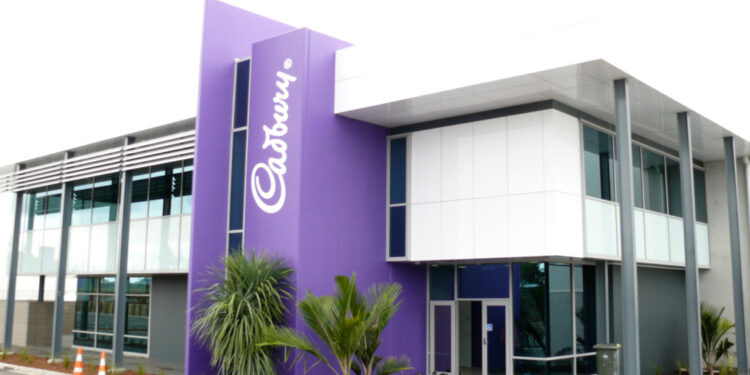If you are a shareholder in Cadbury Nigeria Plc, 2024 felt like watching a rollercoaster that only started climbing in the last few seconds.
What started as a year of heavy losses, sharp cost spikes, and currency chaos ended with a surprise Q4 profit, a dramatic corporate restructuring, and a glimmer of hope for recovery.
Share dilution, debt forgiveness, and a late surge, Cadbury’s 2024 was anything but ordinary. Investors now ask: Was Q4 the first bite of a comeback?
On the surface, the numbers for the full year paint a paradox:
- Revenue surged 60.7% YoY to N129.1 billion.
- But the cost of sales rose 76%, devouring margins.
- Operating income fell 24.3%, and the company posted a N28.3 billion pre-tax loss.
- Retained losses ballooned 147% to N37.2 billion.
Yet despite this horror show, Cadbury’s stock rose 9.5% in Q1 2025. Either investors have a sweet tooth for suffering, or they are betting on a turnaround story powered by three words: Q4, equity, and forgiveness.
The real hero: Capital fixes, not Cocoa
At the heart of Cadbury’s recovery story is not just a rebound in operations. It is old-school finance wizardry old school, but effective.
In January 2024, the board negotiated $20 million in debt forgiveness from its UK parent, Cadbury Schweppes Overseas Limited (CSOL).
That lifeline, granted in response to the sharp devaluation of the naira (from N911 to N1,400+), added a N29.7 billion boost to other reserves, dramatically improving the balance sheet. Call it financial alchemy.
Then came equity conversion. On Feb 8, 2024, shareholders approved the swap of a $7.72 million intercompany loan into 402 million new shares, raising CSOL’s ownership from 74.97% to 79.39%. That added N6.8 billion in share premium, raising total shares to 2.28 billion.
Yes, it diluted existing shareholders. But it also cleaned up the books and removed recurring finance costs.
This restructuring was not cosmetic. It enabled Cadbury to post a Q4 net income of N1.428 billion, its best quarterly showing in over a year, with EPS jumping 166.75% to N0.63.
It also flipped free cash flow from –N3.3 billion in Q3 to N1.36 billion in Q4, yielding a free cash flow yield of 31.5%. That is the kind of number value investors drool over.
The quiet engine: The Ondo cocoa processing plant
A rarely discussed asset in Cadbury’s arsenal is its cocoa processing factory in Ondo State, which produces butter, liquor, and powder.
While cocoa butter and liquor are exported to international customers, the entire cocoa powder needed for Cadbury’s Ikeja production plant is locally sourced from this facility.
In a time when import costs are wrecking P&Ls across the FMCG space, this self-reliant model is a strategic moat. With cocoa prices soaring globally, this factory could become Cadbury’s cash cow if it can scale up output and plug into the global export demand for intermediate cocoa products.
Valuation: Is the comeback baked in?
At N23.00 per share, Cadbury currently trades at about 0.42 times its sales, meaning investors are paying just 42 kobo for every N1 of revenue. That’s quite cheap when compared to bigger rivals like Nestlé and Unilever, whose shares typically go for N1 or more for every N1 of sales.
If the company can sustain the strong profits it delivered in Q4 and manages to end 2025 with earnings per share (EPS) of at least N2, the stock could realistically be valued between N27 and N30.
But here is the risk
Cadbury has not paid a dividend since 2022, and free float has shrunk to 20.59%, just above the NGX threshold.
With CSOL owning 79.4%, minority investors have limited influence and must rely on management’s will to share future profits, not just recover losses.
Still, it is hard to ignore the new trajectory. A leaner balance sheet, forex gains locked into reserves, and a domestically integrated supply chain suggest Cadbury’s worst days may be behind it.










